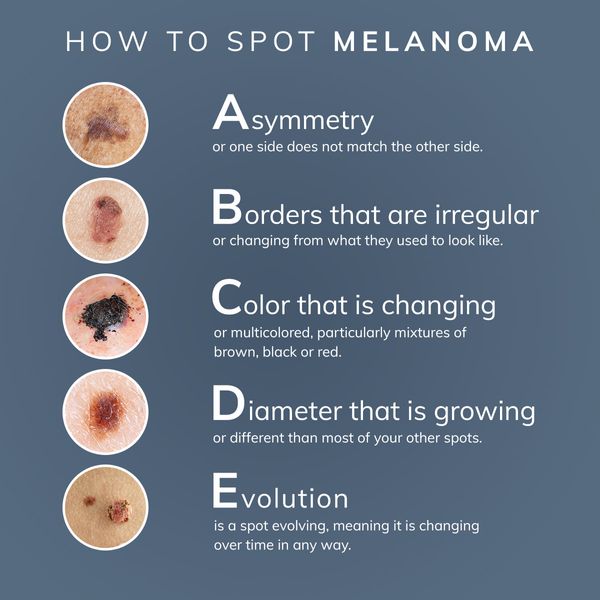
What can you do to prevent stroke?
Age makes us more susceptible to having a stroke, as does having a mother, father, or other close relative who has had a stroke.
High blood pressure is a huge factor, doubling or even quadrupling your stroke risk if it is not controlled. High blood pressure is the biggest contributor to the risk of stroke in both men and women. Monitoring blood pressure and, if it is elevated, treating it, is probably the biggest difference people can make to their vascular health.
Obesity, as well as the complications linked to it (including high blood pressure and diabetes), raises your odds of having a stroke. If you're overweight, losing as little as 10 pounds can have a real impact on your stroke risk.
Smoking accelerates clot formation in a couple of different ways. It thickens your blood, and it increases the amount of plaque buildup in the arteries. Along with a healthy diet and regular exercise, smoking cessation is one of the most powerful lifestyle changes that will help you reduce your stroke risk significantly. (Source: HealthHarvard.edu)
For more information about the signs and prevention of a stroke, visit www.stroke.org.
Vyto's Pharmacy is your local source for vitamins, supplements and prescription medicines that aid in keeping your heart and brain healthy.
Scoliosis 101
Is your child at risk for scoliosis? more
Avoiding Drug Interactions
A lot of us take multiple medications, often combining prescription and over-the-counter medicines with vitamins and herbal supplements. While medications are important for staying healthy, taking certain medications together can sometimes cause serious side effects. more
Staying Safe During the Holidays
As the season continues, keeping yourself and your family safe is an important part of being able to enjoy the holidays. more
Silica Dust and Your Health
Crystalline silica is found in sand, stone and concrete. And around 2.3 million workers in the United States are exposed to it. more
How to Move More at Work
If you have a typical office-based job, you may need to get more physical activity during your workdays to stay healthy. Here's how to do that. more
Children's Dental Health
When do you take your baby to the dentist? When do you start brushing your baby's teeth? What toothpaste should you use? more
Medications and Hospital Readmission
Discharged from the hospital? Here's what you need to know to lower your chances of being readmitted. more
Depression or Just the Blues?
Depression affects millions of Americans. Here's what you need to know. more
Signs of Iron Deficiency Anemia
Worried you might have iron deficiency anemia? Here are the signs to look out for. more
How Safe Is Your Home?
How many potentially dangerous items are in your home? more










